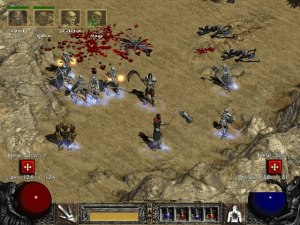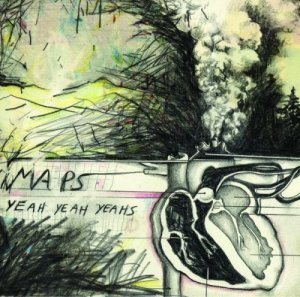Jessica’s Lamentations of a Day in Hell
by Nick Llanes
I.
Prologue: Fields of the Mundane
Every day we toiled in sad Asphodel—
The mournful fields, bitter fields, evil fields.
Every day we sowed seeds in this grey Hell,
and we ate bitter grain as daily meals.
It was but an imitation of work
From our old lives, to try to forget that
We’re trapped in places where evil things lurked.
And ‘twas ungodly, this dark world of rats.
We ended up here, refusing to repent,
Prideful men and prideful women, we had
Chosen freedom over the heaven-sent
Words of redemption. I asked, were we mad?
And woe–the hell people chanted:
“We were mad with anger.
We were mad with pride.
We were mad before we died.”
II.
A Chorus Line of Wrathful Pigs
I was the prideful one; the jealous one,
hidden underneath the shadow of my
very own brother, the wrathful one.
He who led me into the paths of pigs.
Paths of pigs, paths of lies.
Paths of pigs, paths of flies.
Paths of pigs, paths of —
Drugs, which took me high! High into the skies,
Like a sky-carriage, flying through blue:
Corrupting hallucinogenic lies.
He had destroyed me inside, so I knew.
So I knew—
So I knew.
So I knew.
That his stark success was not through vice.
He knew each name in every special place
And I knew. On that cold night, he should die,
For I could not stand to see his smug face.
His smug face—
His stupid face—
His elvish face—
His damned pudgy nose and flabby cheeks,
The way he laughs as he displays his wealth,
God should have helped me—I was so damn weak,
I believed he should die a painful death!
A painful death!
A painful death!
A painful death!
So many ways presented themselves to me,
Gunshot, drowning, knives, and poison were there.
“Which of these do you want to use?” asked he.
I shrugged at the thug, saying, “I didn’t care.”
III.
An Infernal Fate
Long story short, saved for another date,
I’m left to suffer this infernal fate.
Lady in black, the magister in white,
They judged me to leave; I put up no fight.
Last I saw of brother, he wept in hell,
Like a child under our mother’s dark spell.
Thousands of tears falling down his damp cheeks,
When Death tapped his shoulder, I had felt so weak.
The Judge had put him there to save my soul,
Before I died, when he came back a ghost,
He was trapped within that grey, sullen place,
Not breaking apart, through the Judge’s grace.
In the dark, as I saw Death lift him up,
Dark arms pulled me in before I screamed “Stop!”
Death-woman and my brother walked away,
And I whimpered, as the demons said:
“Stay.”
IV.
Epilogue: True Freedom and Cosmic Horrors
Welcome to Absolute Freedom, daddy-o.
Hell.
That’s what we call this place.
We call it Dis, we call it that,
Hell, some even call it pandemonium.
Do you hear that?
Beyond the sound of the wailings of the suicides,
The criminals, the murderers,
Is a sound I always cringe to hear.
I always hear it, daddy-o.
Squirming tentacles millions of miles wide, and
Mouths
wailing in the
darkness, gaping maws
with rows and rows
of razor
sharp
teeth.
Eyes that could shatter your very sanity
Breath that smelled like a million rotting corpses.
Bodies that ran from galaxy-to-galaxy.
These were the gods in these parts, daddy-o,
And we’re just dust in the wind.
Lucifer ain’t got no real power here, daddy-o.
He’s the same as us—a prisoner. A prideful, spoiled king, but still a prisoner.
Puppet for the things wailing in the darkness.
‘cuz you see, daddy-o,
In that lil’ white room we called the Judgement Room,
When we refused to repent,
Our souls were sucked into this damn void,
the very void where God did not exist.
An’ because of that, daddy-o,
Things also came to replace God in the order of things.
An’ they ain’t friendly.
An’ they ain’t got no morals.
In the end, daddy-o,
Being humble ain’t such a bad idea after all.







